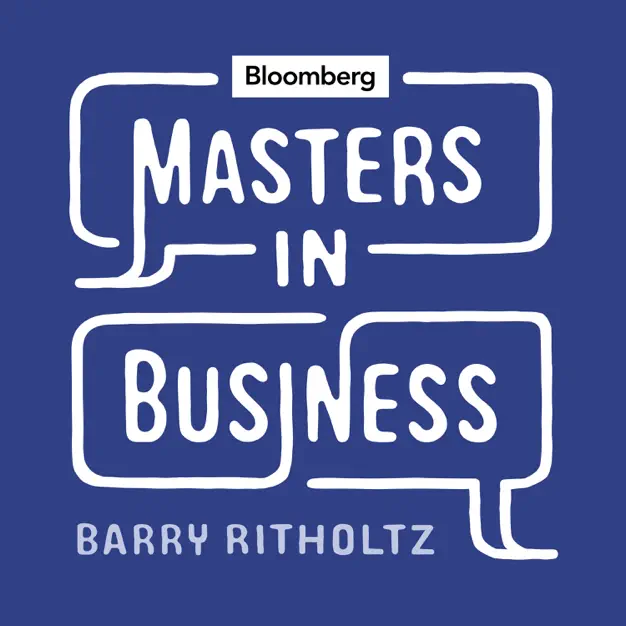Stock-Only Strategy Trumps 60/40 Mix for Long-Term Returns
Long-term investors who focus solely on equities can expect higher returns than those who diversify with fixed-income securities, according to a recent study. The study challenges the conventional understanding that a 60% allocation to stocks and 40% allocation to bonds is the ideal strategy for maximizing returns. Simulation results showed that a portfolio split evenly between domestic and international stocks can yield over $1 million by retirement, while solely focusing on domestic stocks can result in slightly lower returns. In contrast, the 60/40 equity-bond mix averaged $760,000, and a bond-only strategy fell significantly short. The researchers highlighted that bonds offered little value for the type of long-term investors considered in the study. The study also revealed that the correlation between the movements of stocks and bonds diminished the case for diversification. Overall, the 60/40 mix has faced criticism recently due to underperformance challenges, with some market participants advocating for alternative approaches involving separate assets or investment avenues.


